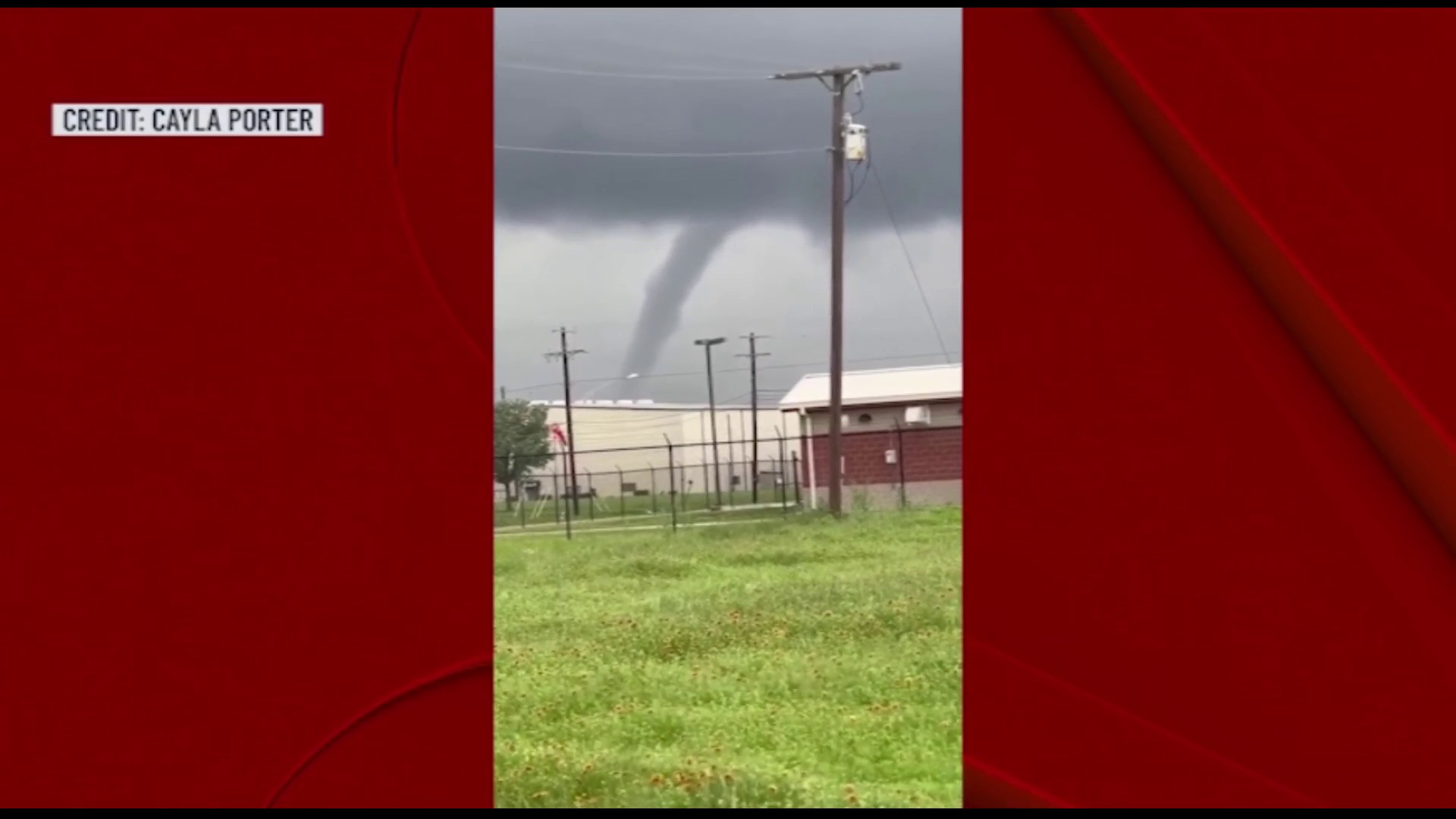As the extreme heat drags into late August, we're often warned of the physical dangers of prolonged sun exposure. Now experts say we should also be vigilant about mental health during long, hot summer months.
Throughout North Texas, popular places where people tend to enjoy the outdoors are very quiet right now. It’s a sure sign that heat safety warnings are making a difference.
North Texas resident Joe Archer dared to venture out before sunset Thursday afternoon. He’s originally from St. Louis and quickly learned surviving Texas summers means developing a game plan.
“It is pretty insane,” he said. “How do you maintain those best strategies for staying resilient even despite the heat because otherwise you'll just sit inside in the A/C all day.”
Get DFW local news, weather forecasts and entertainment stories to your inbox. Sign up for NBC DFW newsletters.
Dallas County resident Andy Wheatcroft agrees. With the forecast showing temps upwards of 100, he said the earlier you start the day, the better.
“To do anything meaningful like go for a run, it's 4 a.m., 5 a.m. before the sun,” Wheatcroft said. “It's ridiculous, absolutely ridiculous.”
He too, is a North Texas transplant still adjusting to the weather.
Local
The latest news from around North Texas.
“You Texans are crazy. Take it from me, you Texans are crazy. I'm just surprised people aren't going more nuts if I'm being honest,” said Wheatcroft.
Wheatcroft has found a way to keep the brutal heat from robbing him of his active lifestyle and sense of humor. But mental health experts say there can be serious consequences to excessive heat.
Dr. Asim Shah is Professor and Executive Vice Chair at Baylor College of Medicine Department of Psychiatry and Behavioral Sciences.
“Heat impacts mental health in many ways,” said Dr. Shah.
He said it's not a myth. In the same way very little sun impacts our brains, too much sun and heat can do the same. Dr. Shah said extreme heat can impair serotonin levels, and serotonin helps regulate our mood.
“In excessive sun, we're talking about mood swings,” he said. “Not necessarily depression, but more the irritability, the anger, the aggression.”
According to the CDC, extreme weather events can affect mental health, and people with preexisting mental illness are more susceptible. Experts have even begun looking at the impacts of climate change on our mental health.
Dr. Shah said climate change can cause excessive pollutants and allergens. Pollutants and allergens can trigger anxiety and mood swings.
He said the key right now is to watch for significant changes in loved ones’ behaviors.
“They're getting more edgy, they're getting irritable, they're getting more short-fused, short-tempered,” he said.
Shah said the same rules that apply to keeping our bodies safe, apply to mental health as well: hydration, cool light clothing, and caps and hats to cover the head.



